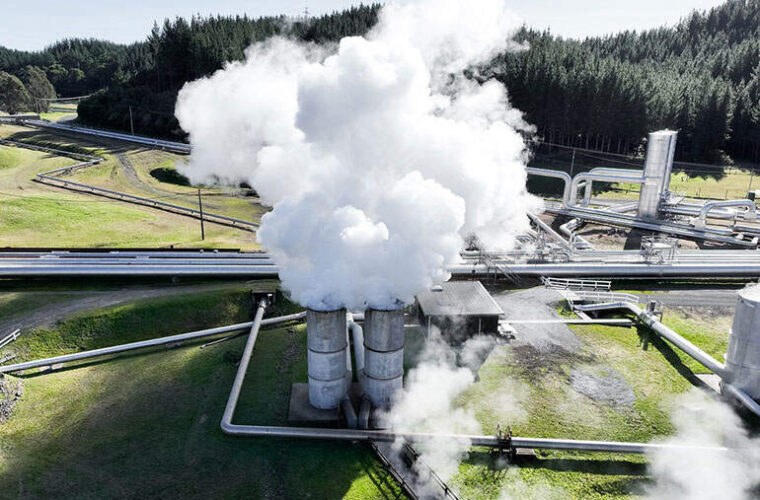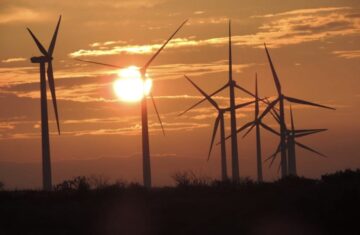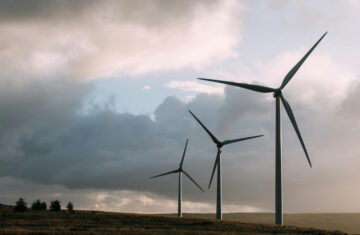The Rise of Geothermal Energy in France
Geothermal energy is increasingly recognized as a viable and sustainable energy source in France. Tapping into the Earth’s internal heat, this renewable energy form has the potential to significantly contribute to the country’s energy transition goals. This article examines the current state of geothermal energy in France, its advantages, challenges, and future prospects, supported by official statistics and credible sources.
Understanding Geothermal Energy
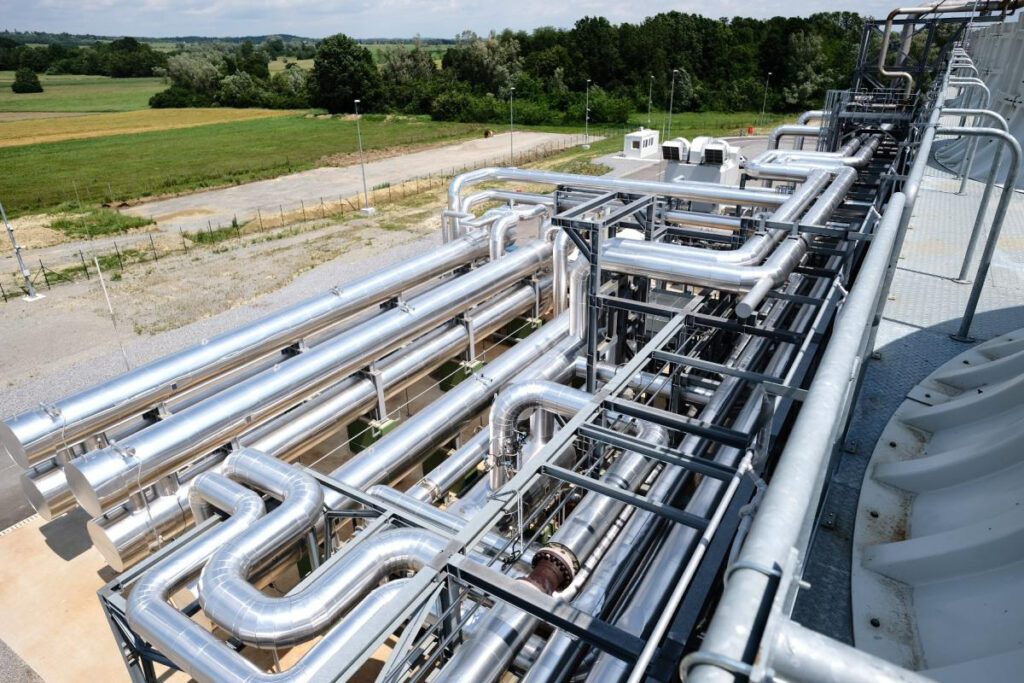
What is Geothermal Energy?
Geothermal energy is derived from the heat stored beneath the Earth’s surface. This energy can be harnessed for various applications, including electricity generation and direct heating. The primary types of geothermal energy systems are:
- Electricity Generation: Utilizing steam or hot water from geothermal reservoirs to drive turbines and generate electricity.
- Direct Use Applications: Using hot water from geothermal sources for heating buildings, greenhouses, and industrial processes.
Importance of Geothermal Energy in France
Geothermal energy plays a crucial role in France’s renewable energy landscape. As of 2022, geothermal energy accounted for approximately 1.3% of the total electricity generation in the country, with significant potential for growth.
Current Geothermal Energy Capacity in France
Installed Geothermal Capacity
As of 2022, France has an installed geothermal energy capacity of approximately 1,400 MW. This capacity includes both electricity generation and direct use applications, making France one of the leading countries in geothermal energy utilization in Europe.
Key Statistics
- Total Installed Geothermal Capacity: 1,400 MW
- Annual Geothermal Energy Generation (2022): Approximately 6 TWh
- Percentage of Total Electricity Generation: 1.3%
Major Geothermal Projects in France
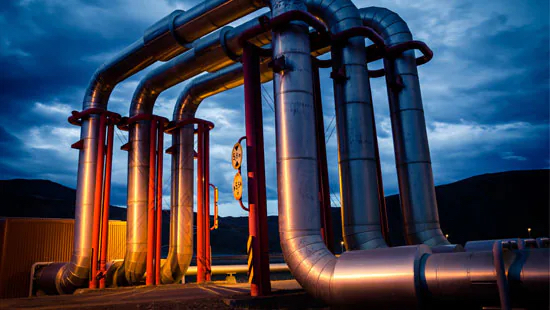
France is home to several significant geothermal projects that contribute to its energy mix:
- Bouillante Geothermal Power Plant: Located in Guadeloupe, this power plant has a capacity of 15 MW and is one of the largest geothermal plants in the Caribbean.
- The Strasbourg District Heating System: This project utilizes geothermal energy for district heating, providing hot water to thousands of households.
- The Haute-Savoie Region: This region is known for its geothermal installations, including several direct use applications in agriculture and spa facilities.
The Role of Geothermal Energy in France’s Renewable Energy Strategy
National Energy and Climate Plan (NECP)
France’s National Energy and Climate Plan (NECP) outlines the government’s commitment to increasing the share of renewable energy sources. The plan sets a target of 40% of total energy consumption from renewables by 2030, with geothermal energy expected to contribute significantly to this goal.
EU Regulations and Support
As part of the European Union, France adheres to various regulations that promote renewable energy. The EU Renewable Energy Directive encourages member states to increase their share of geothermal energy and other renewables in their energy mix.
Advantages of Geothermal Energy
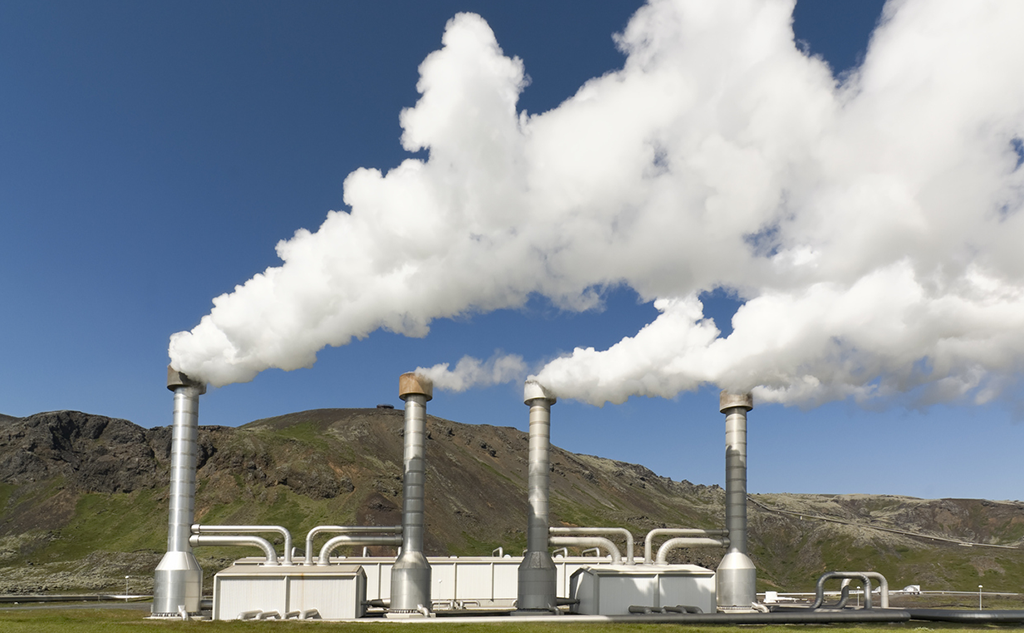
Renewable and Sustainable
Geothermal energy is a renewable resource, as it relies on the Earth’s internal heat, which is continually replenished. It produces minimal greenhouse gas emissions compared to fossil fuels, making it an environmentally friendly option.
Base Load Energy Source
One of the significant advantages of geothermal energy is its ability to provide base load power. Unlike solar and wind energy, geothermal energy is not intermittent; it can deliver a continuous supply of energy, ensuring reliability for the grid.
Economic Benefits
The geothermal sector offers substantial economic opportunities. According to the International Renewable Energy Agency (IRENA), investments in geothermal energy can create jobs in drilling, power plant construction, and maintenance.
Energy Independence
Investing in geothermal energy can reduce France’s reliance on imported fossil fuels. This energy independence is crucial for enhancing national security and stabilizing energy prices.
Challenges Facing Geothermal Energy in France
High Initial Costs
The capital costs for geothermal projects can be high, particularly for exploration and drilling. Financial incentives and government support are essential to encourage investment in geothermal energy.
Resource Availability
Geothermal energy is site-specific, meaning that not all regions have suitable geothermal resources. Identifying and developing these resources can be challenging, requiring detailed geological studies.
Regulatory and Bureaucratic Hurdles
Navigating the regulatory landscape for geothermal projects can be complex. Delays in obtaining permits and approvals can hinder the development of new geothermal facilities.
Environmental Concerns
While geothermal energy is generally considered environmentally friendly, it can have localized environmental impacts, such as land subsidence and water usage. Comprehensive assessments are crucial to mitigate these effects.
Future Prospects for Geothermal Energy in France
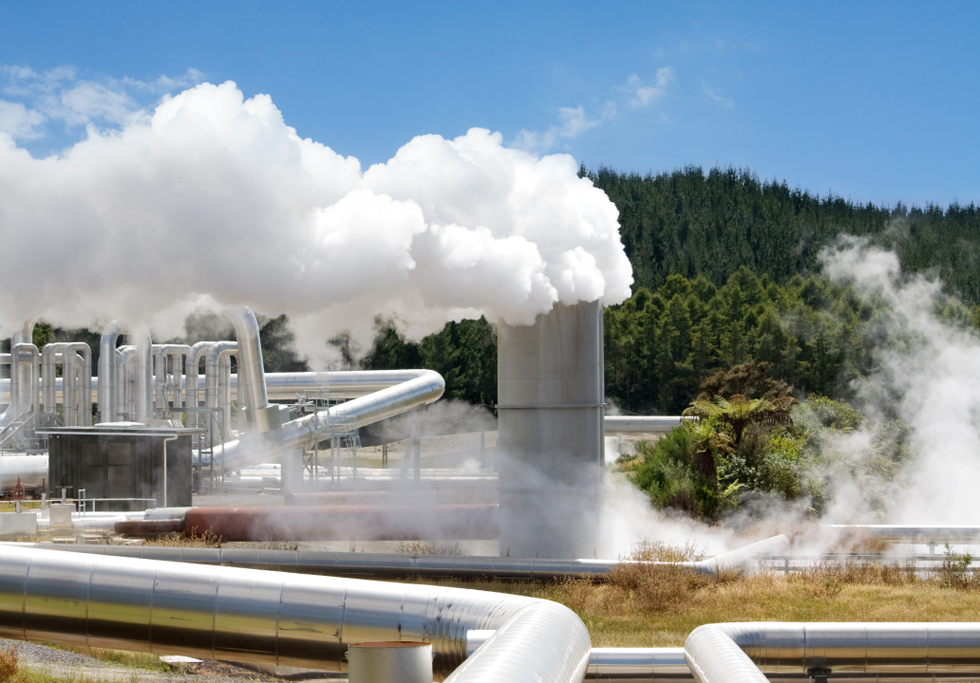
Technological Innovations
Advancements in geothermal technology, such as Enhanced Geothermal Systems (EGS) and improved drilling techniques, promise to enhance efficiency and reduce costs. These innovations could unlock new geothermal resources previously considered inaccessible.
Expansion of Direct Use Applications
The potential for direct use applications of geothermal energy is vast. Industries such as agriculture, aquaculture, and district heating can benefit from geothermal heating solutions, reducing reliance on fossil fuels.
Integration with Other Renewable Sources
Combining geothermal energy with other renewable sources, such as solar and wind, can enhance energy security and provide a more stable energy supply. This integrated approach helps balance supply and demand, particularly during periods of variable energy generation.
Community Engagement
Encouraging community involvement in geothermal projects can foster local acceptance and investment. Community-owned geothermal facilities can provide economic benefits while promoting sustainable energy practices.
Conclusion
Geothermal energy is a vital component of France’s renewable energy landscape, offering numerous benefits for energy security, sustainability, and economic development. With its growing capacity and significant potential, geothermal energy can play a crucial role in achieving France’s energy and climate goals. While challenges remain, technological innovations and supportive policies can help France harness its geothermal energy potential for a sustainable future.
References
- National Energy and Climate Plan (NECP)
- International Renewable Energy Agency (IRENA)
- European Commission – Renewable Energy
- International Energy Agency (IEA)
- Geothermal Energy Association (GEA)
